For those of you confused about DNV 2.7-1 Certification, here is a recent conversation that we had with a client.
“At some point I'm going to need to order some offshore containers, and your company has been recommended to me. However, I don't fully understand DNV 2.7-1 Certification can you briefly explain it to me please?”
Thank you very much for your enquiry, it will be my pleasure to explain DNV 2.7-1 Certification, this certification was issued by Det Norske Veritas (DNV) in the late 1980’s because no other regulations specifically addressed offshore containers. The standards set a minimum criteria for material, production, design and testing for containers that are to be used in offshore environments. The international standards that were relevant were taken into account when preparing this standard. One of the most important is the British / European Standard or better known as BS/EN12079, containers certified to DNV 2.7-1 also comply with these standards.
Most commonly DNV 2.7-1 Containers are used for storage, transportation and hiring on offshore sites. These containers are specifically designed for dynamic lifting with ISO block/padeyes, this allows easier stacking with ISO standard locks and they also have certified lifting slings equipped with shackles. They are provided with door cargo nets and door tie back retainers. Many are also stackable and fitted with forklifts pockets for easier movability, and internal lashing points are provided for secure cargo stowage.
Most commonly DNV 2.7-1 Containers are used for storage, transportation and hiring on offshore sites. These containers are specifically designed for dynamic lifting with ISO block/padeyes, this allows easier stacking with ISO standard locks and they also have certified lifting slings equipped with shackles. They are provided with door cargo nets and door tie back retainers. Many are also stackable and fitted with forklifts pockets for easier movability, and internal lashing points are provided for secure cargo stowage.
They are assessed at the design stage, and on their final stage they are tested to a Non-Destructive Inspection (NDI). This is a specialised technical method that provides information about the condition of materials and components, without destroying them! Did you know, these containers weigh nearly twice as much to their comparably sized ISO Container! This gives them the ability to maintain their upright position during transport through rough seas.
So there you have it, DNV 2.7-1 is a certification supplied by Det Norske Veritas, which ensures the design, material and production of offshore containers is approved for use on offshore sites such oils rigs and wind farms. Check out a constructed list categorising the main points for DNV 2.7-1 Certification >>
Here at Lion Containers (Offshore) Ltd, all of our DNV 2.7-1 containers are supplied with certified slings and shackles as a standard and also complies with BS/EN12079, giving them total flexibility in both offshore and onshore deployment. We are able to supply DNV container in a number of different sizes to best suit your requirements, view a selection of our DNV products >>
So there you have it, DNV 2.7-1 is a certification supplied by Det Norske Veritas, which ensures the design, material and production of offshore containers is approved for use on offshore sites such oils rigs and wind farms. Check out a constructed list categorising the main points for DNV 2.7-1 Certification >>
Here at Lion Containers (Offshore) Ltd, all of our DNV 2.7-1 containers are supplied with certified slings and shackles as a standard and also complies with BS/EN12079, giving them total flexibility in both offshore and onshore deployment. We are able to supply DNV container in a number of different sizes to best suit your requirements, view a selection of our DNV products >>
Blog Post Written By Mohammed Ahmed at Lion Containers (Offshore) Ltd.
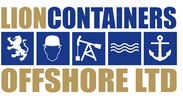
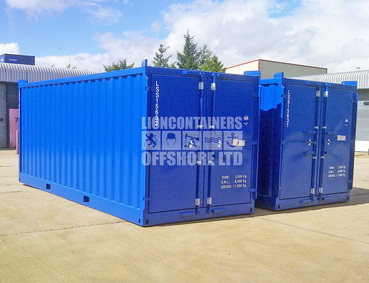
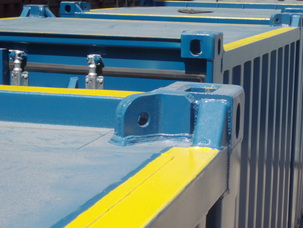
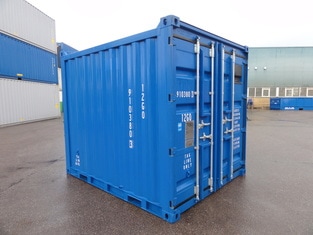
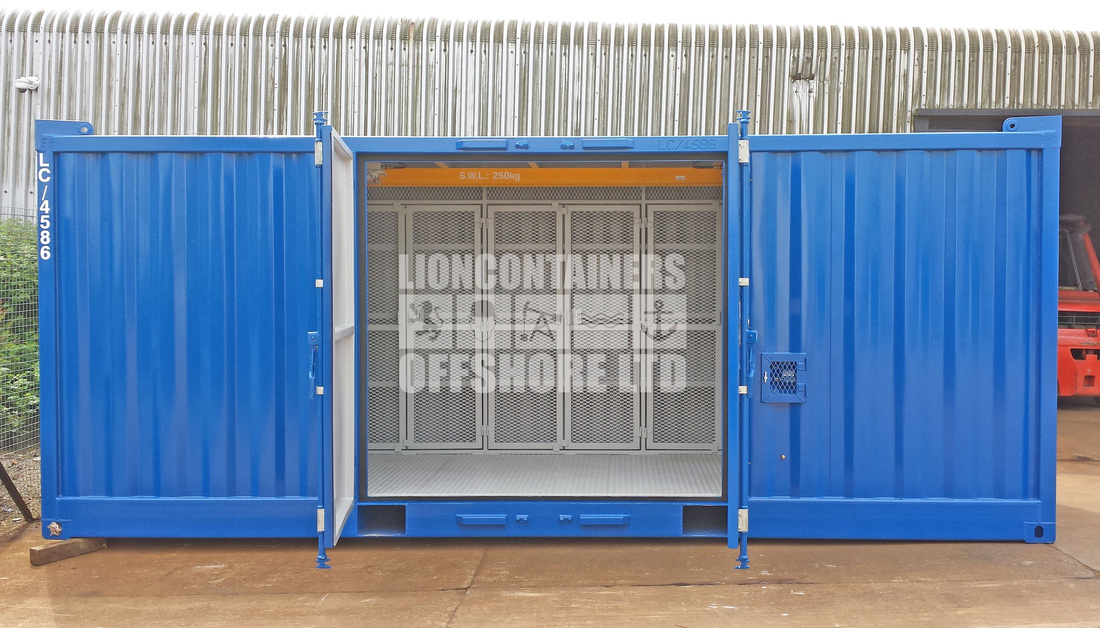

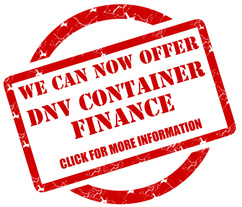
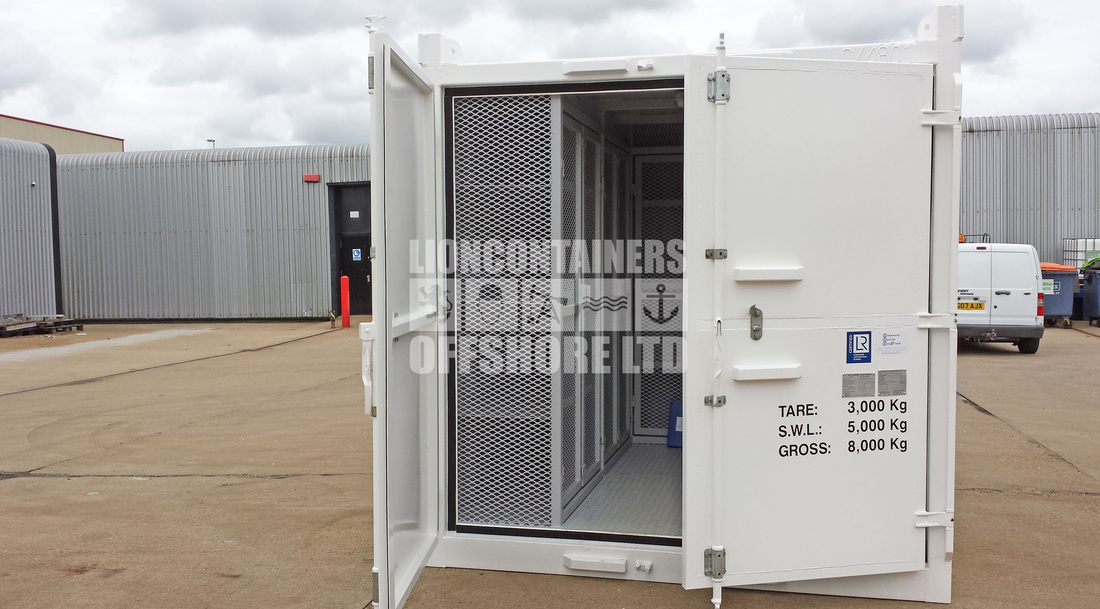
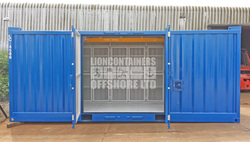
 RSS Feed
RSS Feed
